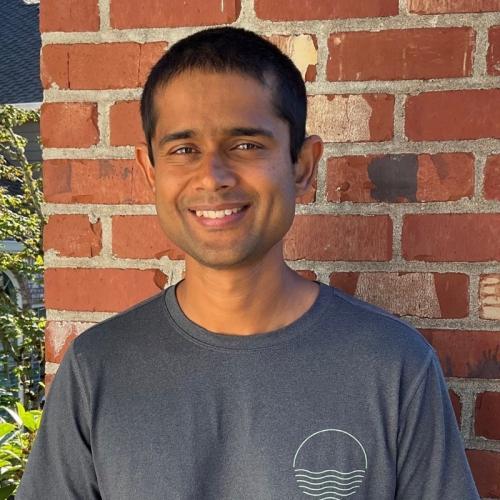Throughout the AI Hardware & Edge AI Summit, we ALL will be talking about the wonders of large language models and why not! They offer tremendous advantage to enterprises and organizations, offloading work and resources to deliver enhanced value, efficiencies and end-user experiences. During this session, Sree Ganesan, head of software product with Habana, an Intel company, and Vasudev Lal, AI/ML research scientist with Intel Labs, will share their first-hand experiences in training and deploying large language models on Gaudi2 accelerators. They’ll introduce a variety of approaches they’ve taken to tame the LLM process, from training to fine-tuning to inference. To make it all real, we’ll focus on high-value ecosystem partners and share LLM demos that show our latest innovations.

Sree Ganesan
Sree Ganesan, VP of Product, d-Matrix: Sree is responsible for product management functions and business development efforts across the company. She manages the product lifecycle, definition and translation of customer needs to the product development function, acting as the voice of the customer. Prior, Sree led the Software Product Management effort at Habana Labs/Intel, delivering state-of-the-art deep learning capabilities of the Habana SynapseAI® software suite to the market. Previously, she was Engineering Director in Intel’s AI Products Group, where she was responsible for AI software strategy and deep learning framework integration for Nervana NNP AI accelerators. Sree earned a bachelor’s degree in electrical engineering from the Indian Institute of Technology Madras and a PhD in computer engineering from the University of Cincinnati, Ohio.

Vasudev Lal
Vasudev Lal is an AI Research Scientist at Intel Labs where he leads the Multimodal Cognitive AI team. His team develops AI systems that can synthesize concept-level understanding from multiple modalities: vision, language, video and audio. His current research interests include equipping deep learning with mechanisms to inject external knowledge; self-supervised training at scale for continuous and high dimensional modalities like images, video and audio; mechanisms to combine deep learning with symbolic compute. Prior to joining Intel, Vasudev obtained his PhD in Electrical and Computer Engineering from the University of Michigan, Ann Arbor.
Habana
Website: habana.ai
Habana is an AI solutions semiconductor company. Eitan is Habana’s Chief Business Officer and will share with us Habana’s vision of the AI/Deep-learning processing needs and Habana’s solutions.











